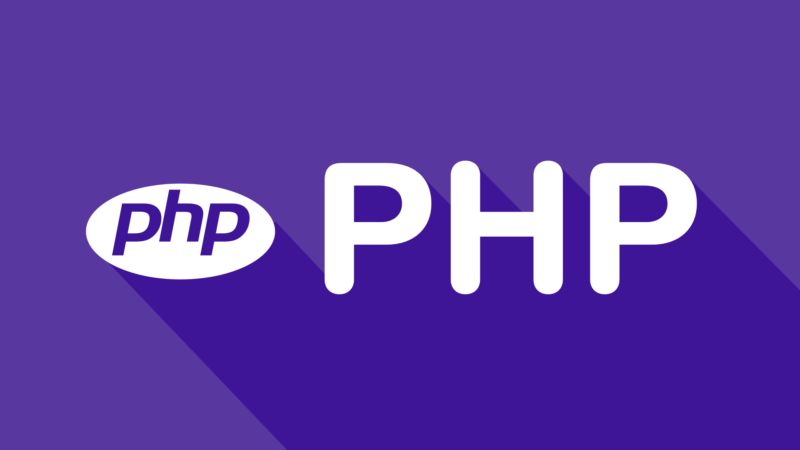When it comes to web development, PHP has been a stalwart for many years. Its versatility and ease of use have made it a top choice for developers worldwide. However, as technology evolves and new challenges arise, the need to explore PHP alternatives becomes increasingly apparent. In this comprehensive guide, we will delve deep into the world of PHP alternatives, each offering its unique strengths and capabilities.
Understanding PHP
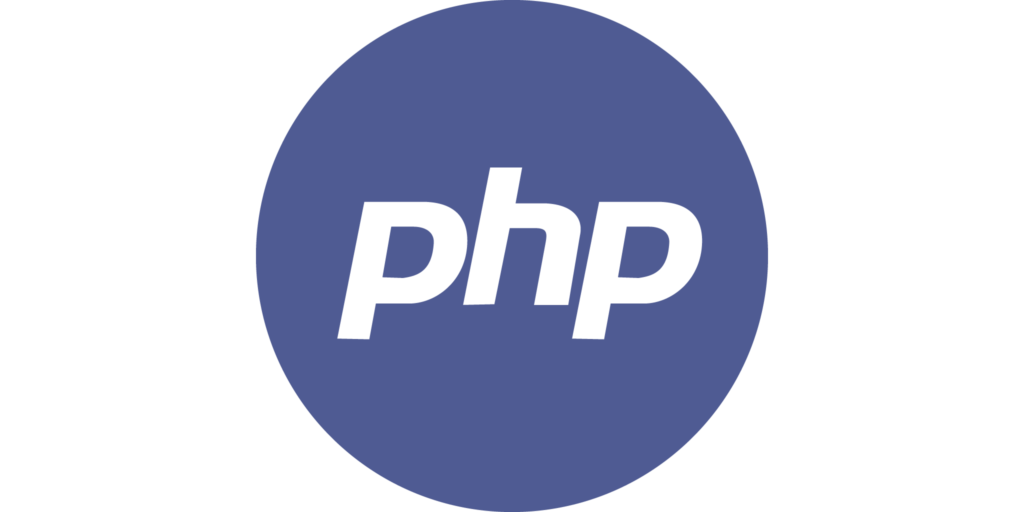
Before we dive into the PHP alternatives, let’s take a moment to understand what PHP is all about.
PHP Features
PHP, which stands for Hypertext Preprocessor, is a server-side scripting language known for its simplicity and compatibility with various databases and web servers. Some of its key features include:
- Versatility: PHP can be embedded into HTML code, making it seamless for web development. This seamless integration allows developers to mix PHP with HTML, creating dynamic web pages with ease.
- Large Community: A vast developer community ensures extensive support and resources. PHP’s vibrant community contributes to a rich ecosystem of libraries, frameworks, and plugins, making it a reliable choice for web development.
- Cost-Efficiency: It’s open-source, so no licensing fees are involved. This cost-effectiveness is particularly attractive for startups and small businesses looking to minimize expenses while developing robust web applications.
- Database Integration: PHP seamlessly connects with popular databases like MySQL. This integration simplifies data management and retrieval, making PHP suitable for a wide range of web applications, from content management systems to e-commerce platforms.
Limitations of PHP
While PHP has its merits, it also comes with some limitations:
- Performance: PHP may not be the best choice for high-performance and resource-intensive applications. Handling a large number of concurrent requests or complex calculations can strain PHP’s performance.
- Security: Historically, PHP has faced security vulnerabilities. Ensuring the security of a PHP application requires meticulous coding practices and regular updates to address emerging threats.
- Scalability: Scaling PHP applications can be challenging. As a project grows, maintaining performance and stability can become more complex, necessitating careful architecture and optimization.
- Complexity: Complex PHP codebases can be difficult to maintain. Without proper documentation and coding standards, managing and extending PHP projects can become cumbersome.
What Sets PHP Apart?
PHP’s widespread use in web development has been driven by its ease of learning and its ability to prototype web applications rapidly. However, the need for PHP alternatives arises from its limitations, especially when developing large-scale, high-performance systems.
The Need To Look For PHP Alternatives
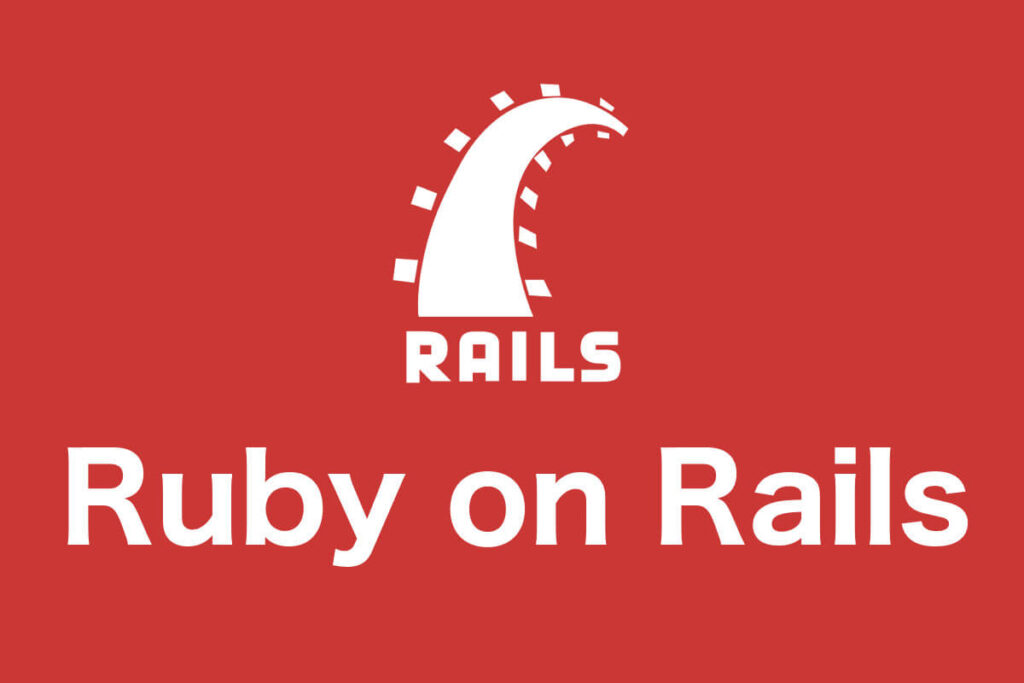
Let’s explore the reasons why developers are increasingly seeking PHP alternatives.
1. Performance Demands
In today’s fast-paced digital landscape, web applications often face high traffic loads and complex computations. PHP, while suitable for many applications, may struggle to deliver the level of performance required by modern web services. Consequently, developers are turning to PHP alternatives that offer better scalability and performance.
2. Security Concerns
With the rise of cybersecurity threats, web application security has never been more critical. While PHP has made strides in improving its security, its historical vulnerabilities have left some developers wary. Alternatives with robust security features and practices are becoming more appealing for safeguarding sensitive data.
3. Evolving Development Trends
Web development trends are continuously evolving. New technologies and methodologies, such as microservices, serverless computing, and real-time applications, require more specialized tools than PHP can offer. Developers are exploring alternatives that align with these emerging trends.
4. Diversity of Project Requirements
Not all web development projects are created equal. Some demand high performance, while others prioritize ease of development and maintenance. PHP alternatives cater to a diverse range of project requirements, allowing developers to choose the best tool for the job.
Commonly Used PHP Alternatives For Web Development
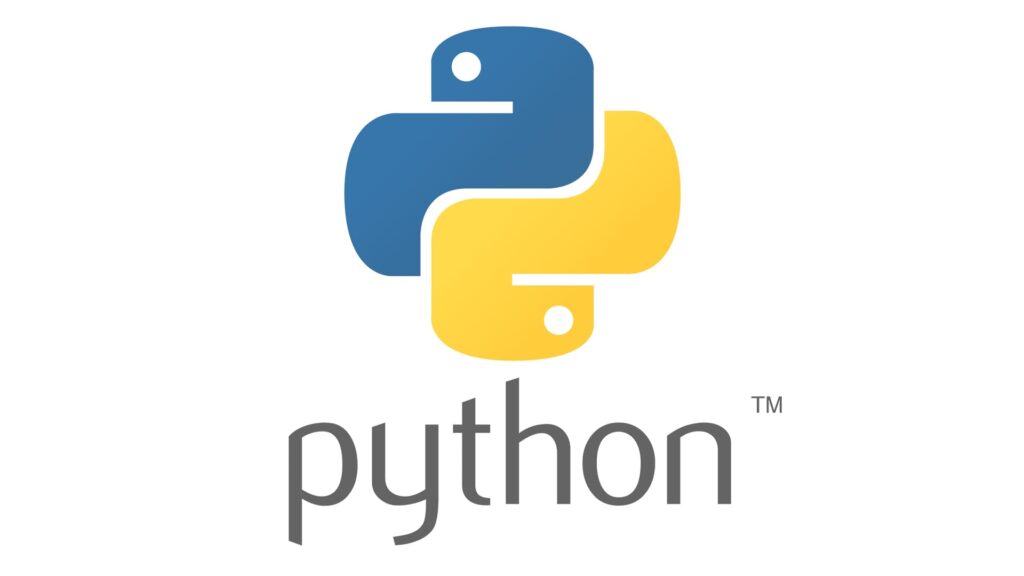
Now, let’s explore some prominent PHP alternatives, each offering a unique approach to web development.
1. Python
Python is renowned for its readability and versatility. With web frameworks like Django and Flask, Python has made its mark in web development. It excels in creating scalable and maintainable web applications. Django, for example, follows the “batteries included” philosophy, providing a wide array of built-in features that simplify development.
2. Ruby
Ruby, coupled with the Ruby on Rails (RoR) framework, emphasizes convention over configuration. RoR is known for its rapid development capabilities, making it a favorite among startups and developers seeking quick iterations. The convention-over-configuration approach means that RoR makes many assumptions about how your application works, reducing the need for explicit configuration.
3. Node.js
Node.js allows developers to use JavaScript on the server side, which can lead to streamlined development and real-time applications. Its event-driven architecture is suitable for handling concurrent requests efficiently. With the non-blocking I/O, Node.js can handle many simultaneous connections, making it an excellent choice for building scalable, real-time applications.
4. Java
Java is a robust, statically typed language that offers reliability and performance. Web frameworks like Spring and JavaServer Faces (JSF) provide a structured approach to web application development. Spring Boot, a part of the Spring ecosystem, simplifies the process of building production-ready applications by providing default configurations and conventions.
5. ASP.NET (C#)
Microsoft’s ASP.NET, using C#, is a robust framework for developing web applications on Windows platforms. It leverages the power of C# for building feature-rich, enterprise-level applications. ASP.NET Core, the latest version, is cross-platform and open-source, making it even more versatile.
6. Ruby on Rails (RoR)
RoR deserves a second mention for its elegance and rapid development capabilities. It’s a go-to choice for startups looking to turn ideas into functioning web applications quickly. The “Rails Way” promotes best practices and conventions, ensuring a consistent and maintainable codebase.
7. Go (Golang)
Go, or Golang is all about performance. It’s a statically typed language designed for building efficient, scalable, and high-performance web applications. Go’s simplicity and speed are its key strengths. It excels in situations where low latency and high throughput are essential, such as microservices and cloud-native applications.
8. Kotlin
Kotlin, known for its concise syntax, is gaining popularity in the web development community. With frameworks like Ktor, it’s making strides in creating web applications efficiently. Kotlin’s interoperability with Java makes it an attractive choice for projects that need to integrate with existing Java codebases.
9. Swift (Server-Side Swift)
Swift, originally developed by Apple, isn’t just for iOS development. Server-side Swift frameworks like Vapor and Kitura bring the language’s safety and speed to web development. Swift’s focus on safety and performance extends to the server side, making it a compelling option for building modern web applications.
10. Rust
Rust, celebrated for its memory safety and performance, is a viable option for web development, though it’s more commonly used in systems programming. Its strong focus on preventing common programming errors and ensuring memory safety can be a boon for security-critical web applications.
11. Perl
While Perl is an older language, it’s worth mentioning due to its historical significance in web development. However, its popularity has waned over the years, and it’s no longer a top choice for modern web development projects.
Factors To Consider While Choosing The Perfect PHP Alternative
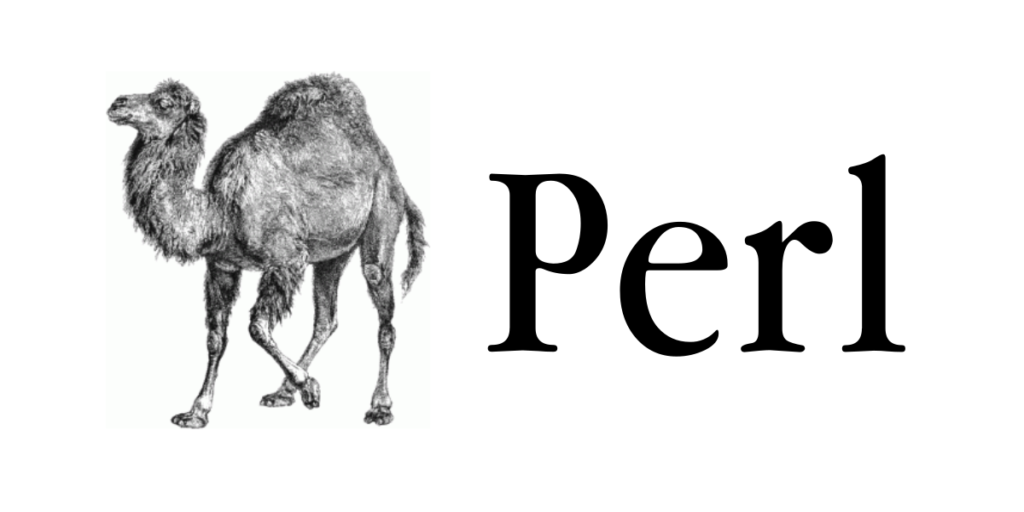
Choosing the right PHP alternative for your project is crucial. Here are some factors to consider:
1. Project Requirements
Evaluate your project’s specific needs, such as scalability, performance, and ease of maintenance. Different alternatives excel in different scenarios, so aligning your choice with your project’s goals is essential. For instance, if your project requires real-time capabilities, Node.js might be the right choice, whereas Java may suit enterprise-level applications.
2. Community Support
Consider the size and activity of the developer community, as it impacts the availability of resources and support. A vibrant community can provide solutions to problems, offer libraries and tools, and ensure your chosen PHP alternative stays up to date. Communities like Django and Ruby on Rails have active contributors who continuously improve the frameworks.
3. Learning Curve
Assess how quickly your team can learn and adapt to the chosen alternative. Some languages and frameworks are more accessible to developers with specific backgrounds or skill sets, so it’s essential to evaluate the learning curve. Ruby, with its emphasis on simplicity and convention, may be easier for beginners to grasp, while Rust’s focus on memory safety may require more in-depth understanding.
4. Integration
Consider how well the PHP alternative integrates with databases, libraries, and other tools your project requires. Smooth integration can streamline development and reduce potential bottlenecks. For example, if your project relies heavily on SQL databases, Django’s ORM (Object-Relational Mapping) provides seamless integration with databases like PostgreSQL and MySQL.
5. Long-Term Viability
Evaluate the longevity of the alternative and its potential to adapt to future technologies. Ensure that the technology you choose aligns with your project’s long-term goals, as migrating to a different stack can be challenging. For instance, Node.js has shown its adaptability by evolving to support asynchronous programming, which aligns with the trend toward event-driven architectures.
Conclusion
In the ever-evolving world of web development, PHP alternatives offer a diverse range of options, each catering to specific needs and preferences. Whether you’re looking for rapid development, high performance, or scalability, there’s an alternative that can meet your requirements. By considering the factors mentioned above, you can confidently choose the perfect PHP alternative for your next web development project.




